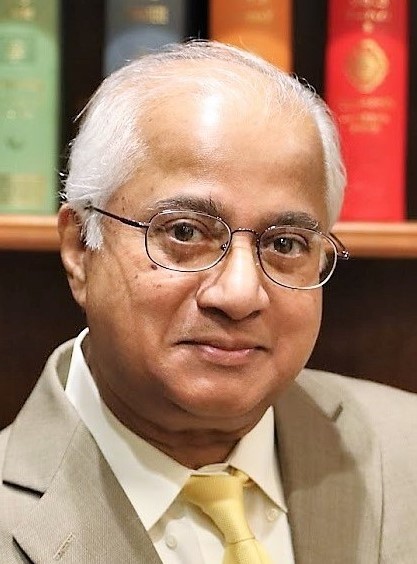The spiritual masters have captured the human gravity towards rituals and have molded it with the art and science of self-discipline in their respective religions. The noble purpose of each one of them was to bring a balance in our lives and a balance with our environment.
Every faith is composed of a set of unique rituals to bring discipline and peace to human life. Fasting is one of the five key rituals that Muslims around the world observe.
Ramadan is the ninth month of the Islamic lunar calendar and is generally observed with a ritual
precision; it is an annual training or a refresher. It requires one to abstain
from food, drink, intimacy, ill-will, ill-talk, ill-actions and other
temptations from dawn to dusk, every day for a month. One has to rise above his
or her baser desires. Islam gifts this month to its followers to inculcate discipline to
bring moderation to their daily lives. Twenty five hundred years ago, Buddha,
the enlightened one taught that human suffering is caused by unrestrained
desire to possess and had recommended a middle path, and the same
recommendation was made by Prophet Muhammad fourteen hundred years ago.
Although Ramadan is popularly known in the west for its culinary delicacies and
fancy iftars (ceremonial breaking of fast at sun down), the spirit and intent
of Ramadan lies in a human transformation in a month-long inner spiritual
journey of finding oneself in tune with spirituality.
Hindus can see that transformation in nine days of fasting during Navaratri,
the Jains in 8-10 days of fasting during Paryushana, Christians during 40 days
of lent, Jews for 7 days around Yom Kippur".likewise you find fasting is a way
of life in most traditions.
God has no need for the hunger or thirst of someone who hurts others, violates their dignity or usurps their rights, said Prophet Muhammad (PBUH). The fasting of the stomach must be matched by the fasting of the limbs. The eyes, ears, tongue, hands and feet all have their respective fasts to undergo. The tongue's temptations, for example -- lies, backbiting, slander, vulgarity and senseless argumentation -- must be challenged and curbed to maintain the integrity of the fast.
Consciousness of behavior and vigilance over action are the most profound dimensions of fasting: the fasting of the heart focuses on the attachment to the divine. That is when Ramadan really becomes a source of peace and solace, just as Christmas or Dussera goes beyond the rituals to bring forth kindness, charity and caring.
True fasting is self-purification; and from this comes a rich inner life that bring about values such as justice, generosity, patience, kindness, forgiveness, mercy and empathy -- values that are indispensable for the success of the community.
Knowing about hunger is different from knowing hunger. Empathy
is not an intellectual equation; it is a human experience. Our hardness of
heart often springs from our distance from the human condition of others. The
poor, sick, disenfranchised, oppressed -- we rarely walk a mile in their shoes,
not even a few steps. "Rest assured," cautioned one teacher, "if
you do not taste what it feels like to be hungry, you will not care for those
who are."
Ramadan will come and go with such stealth that we cannot but be reminded of
our mortality. What is it that we value and why? Habits, customs, even
obsessive behavior like smoking can be curtailed with relative ease in the face
of a higher calling.
For fasting to be truly universal, its benefits must extend beyond the fraternal ties of Muslims and must extend to forging a common humanity with others. Fasting is meant to impart a sense of what it means to be truly human, and its universality is reflected by its observance in Baha'i, Buddhist, Christian, Hindu, Jain, Jewish, Sikh, Zoroastrian and other faiths. More about Ramadan at www.Ramadanexclusive.com
Let the spirit of Ramadan develop an understanding and respect for each one of God's creation -- that is all of us. Ramadan Mubarak!
(Note: You can view every article as one long page if you sign up as an Advocate Member, or higher).




